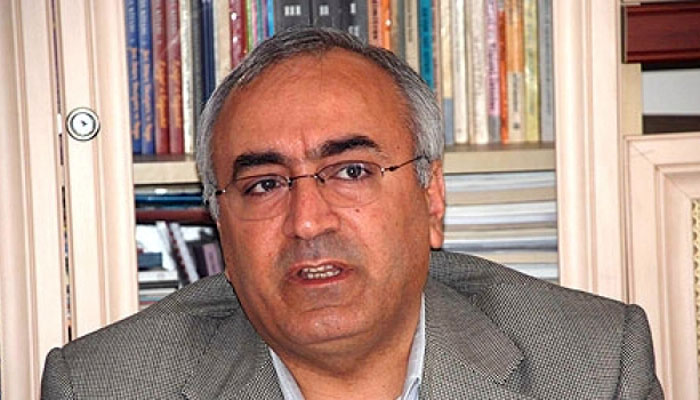Human rights groups in Turkey said on Monday that Turkey is experiencing its worst period in recent times in terms of human rights abuses due to a state of emergency (OHAL) that was declared following a failed coup last summer.
At a joint press conference on Monday, the Human Rights Foundation of Turkey (TİHV) and the Human Rights Association (İHD) said OHAL had paved the way for the enormous increase in human rights abuses and torture in prisons.
İHD President Öztürk Türkdoğan said during the press briefing that a recent report by the İHD in April shows the worst violations since 1999.
Also speaking with the Cumhuriyet daily on Monday, Türkdoğan said: “This period is the worst in terms of violations including the former state of emergency [that lasted for 15 years and ended in 2002].”
“When you look at the number of jailed journalists, mayors and lawmakers, we can say that this is the grimmest picture since the foundation of the İHD. The [number of losses in this picture of] war may not have reached the numbers of the 1990s, but it’s unfortunately close to that,” he added.
Underlining that people are facing the highest number of rights violations at this point in time, Türkdoğan noted that there were serious violations in the category of extrajudicial executions.
“People are being arrested for their thoughts, which is the practice of preventing and punishing freedom of expression. One of the direst developments is the claims of people going missing under detention, which hasn’t been experienced since 2004. There are 11 abduction claims that we announced to the public after the thwarted coup,” he said.
According to Türkdoğan, one of the most significant factors preventing justice in Turkey is the “policy of impunity.”
“This previously became state policy due to the frequency of coups, and in time it has become a culture,” he said.
Turkey survived a failed coup on July 15, 2016 in which 249 people died.
Turkey’s ruling Justice and Development Party (AKP) government and President Recep Tayyip Erdoğan immediately put the blame on the Gülen movement and speeded up a witch-hunt against sympathizers of the movement, which was also accused by the government of launching a graft probe at the end of 2013 that implicated figures from the AKP and people close to Erdoğan.
Despite Turkish Islamic scholar Fethullah Gülen, whose views inspired the Gülen movement, and the movement having denied the accusations, Erdoğan and the government launched a widespread purge aimed at cleansing sympathizers of the movement from within state institutions, dehumanizing its popular figures and putting them in custody.
Over 138.000 people have been dismissed from their jobs, more than 106.000 were detained and nearly 53.000 jailed over alleged links to the movement.
